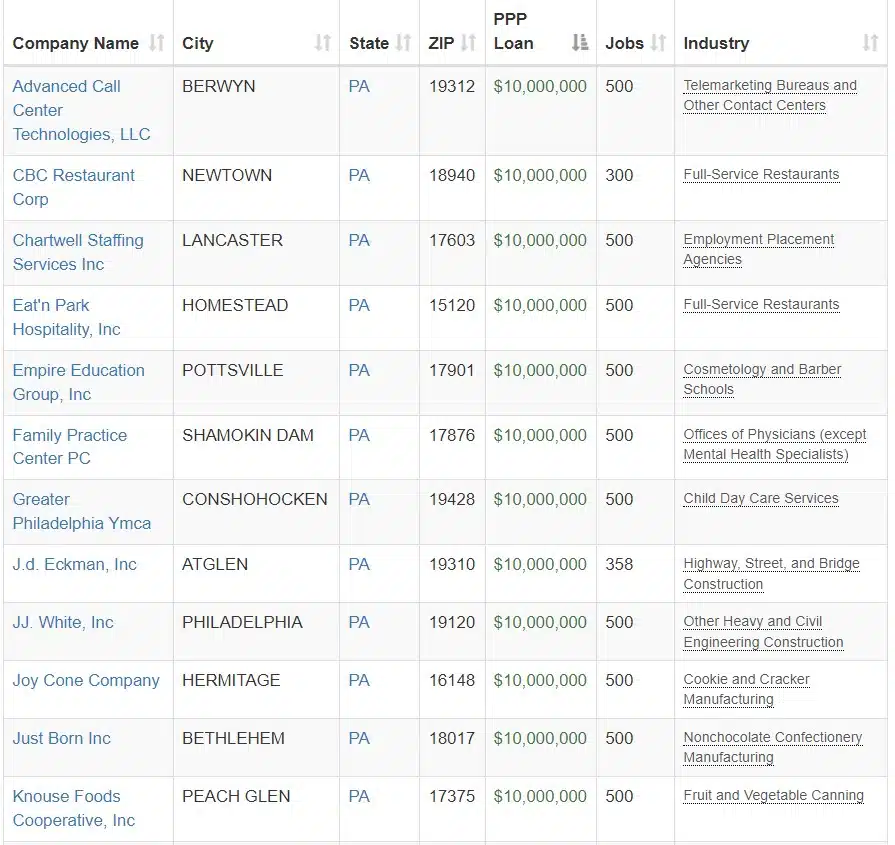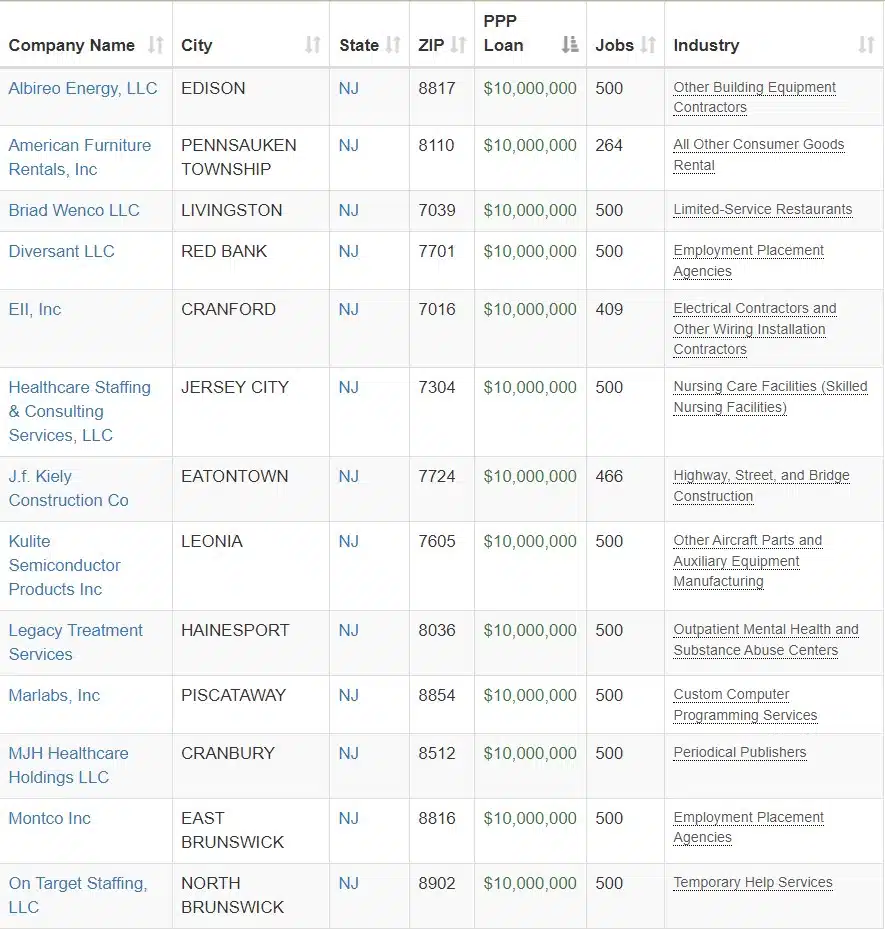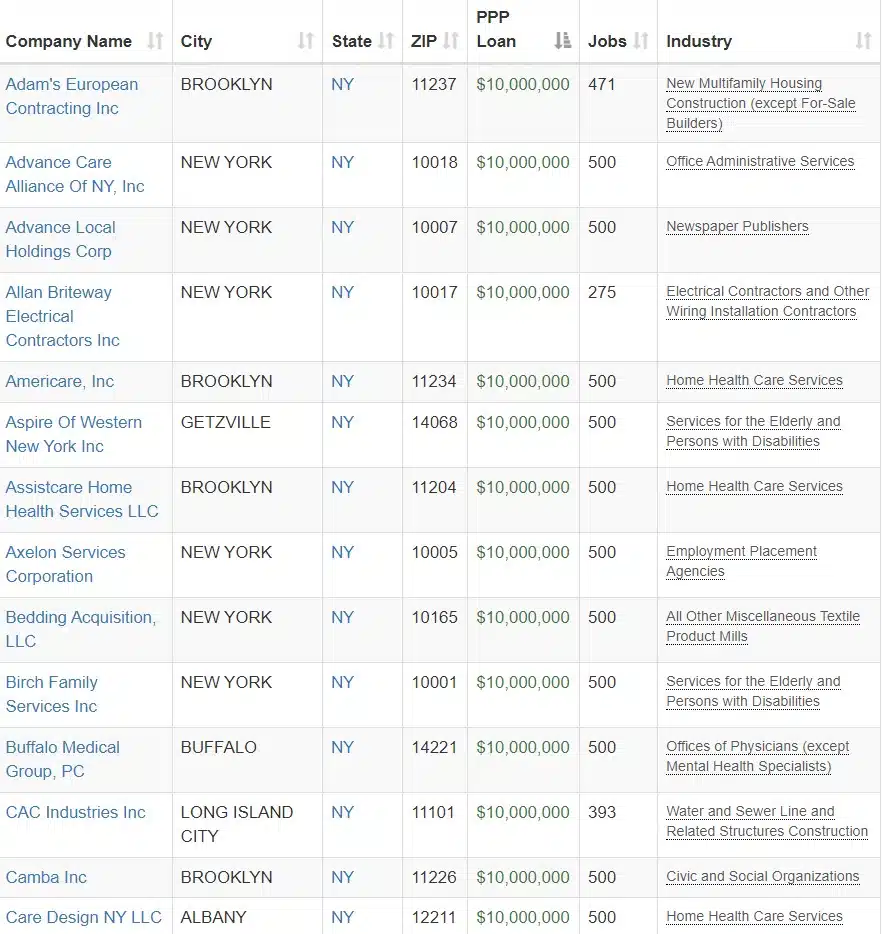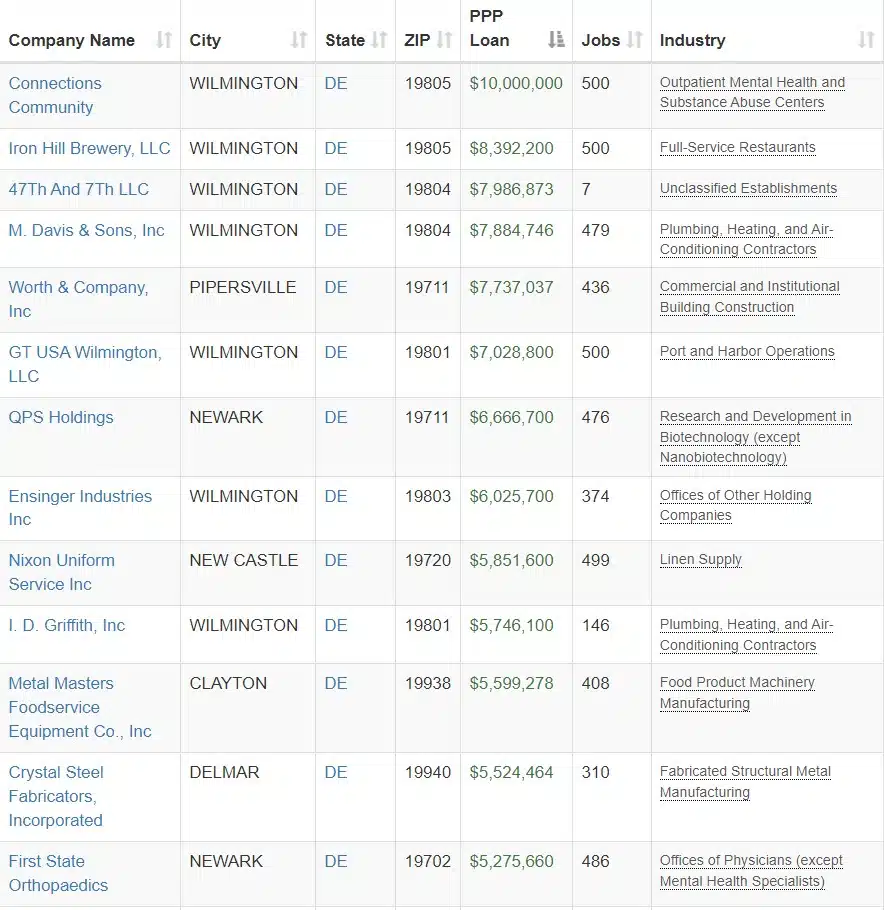
The Paycheck Protection Program (PPP) established under the CARES Act in March 2020 aimed to provide fully guaranteed Small Business Association (SBA) loans to businesses adversely affected by the COVID-19 pandemic. Unfortunately, the expedited nature of the program attracted a significant number of fraudsters.
If you possess knowledge of PPP loan fraud, it is crucial to take action. By working with an experienced False Claims Act (FCA) attorney, you can file a qui tam lawsuit against the fraudster on behalf of the U.S. government. Under the FCA, successful whistleblowers in PPP loan fraud cases can be entitled to an award ranging from 15 to 30 percent of the funds recovered by the government.
The Paycheck Protection Program (PPP) was established as part of the Coronavirus Aid, Relief, and Economic Security (CARES) Act. It aimed to provide quick access to SBA guaranteed loans for small businesses impacted by the pandemic. These loans were intended to cover payroll and other essential costs, such as rent and utilities.
Authorized representatives of eligible businesses could apply for PPP loans through third-party lenders. However, the urgency to distribute loans led to an unprecedented amount of fraud.
PPP loan fraud can manifest in various forms. Fraudsters may make misrepresentations or false statements in loan applications, such as inaccurate payroll information, misleading financial statistics, or misusing funds for unauthorized purposes.
In response to the surge in PPP loan fraud, the U.S. Department of Justice (DOJ) established a COVID-19 Fraud Enforcement Task Force. The DOJ is committed to holding fraudsters accountable and safeguarding taxpayer-funded programs.
PPP loan fraud falls within the scope of the False Claims Act (FCA). Originally enacted during the Civil War, the FCA combats attempts to defraud the U.S. government through false claims.
Whistleblowers with knowledge of PPP loan fraud have the right to file a qui tam lawsuit under the FCA. The lawsuit can be pursued on behalf of the government, with the option for the government to intervene or allow the whistleblower to proceed independently. Successful qui tam suits can result in awards of 15 to 30 percent of the recovered funds.
To report PPP loan fraud under the FCA, you need to file a qui tam whistleblower lawsuit. The first step is to engage the services of an experienced False Claims Act attorney who can guide you through the process.
Your attorney will help draft a complaint outlining the fraud committed and gather supporting documentation. This complaint will be filed in federal court under seal. The government then has the option to intervene, or you may proceed with the lawsuit on the government's behalf.
For detailed information on filing a qui tam suit, please refer to our guide: Filing a Qui Tam Lawsuit.
One notable case involving PPP loan fraud is the United States' first-ever Paycheck Protection Program False Claims Act (FCA) whistleblower case. Pan African Interchange LLC and Stanley Damas paid over $220,000 to resolve charges related to receiving multiple PPP loans.
This case originated from a qui tam lawsuit filed by an anonymous whistleblower who exposed the fraudulent activity. The whistleblower alleged that Pan African Interchange LLC, after receiving a PPP loan, falsely certified that they would not receive additional loans. The successful resolution of this case showcases the effectiveness of whistleblowers in combating PPP loan fraud.
The U.S. Department of Justice has charged over 500 individuals with illegally claiming PPP loans, amounting to hundreds of millions of dollars. Notable cases include a California couple who submitted about 150 fraudulent applications, seeking over $20 million for small businesses. After their conviction in June 2021, they fled and were sentenced to prison in absentia but were later captured and extradited in 2022.
A working paper by finance professors estimated that approximately 15% of PPP loans, equating to $76 billion, showed indications of fraud. About 1.8 million loans exhibited at least one indication, while 1.2 million loans had at least two indications of fraudulent activity. Indicators included non-registered businesses, multiple loans at a residential address, abnormally high compensation relative to industry averages, and inconsistencies in reported job data.
The study found that fintech companies were more likely to make suspicious PPP loans. While they accounted for 29% of total PPP loans, they represented 52.63% of suspicious loans. Fintech loans were deemed highly suspicious, with a rate almost five times higher than that of traditional lenders.
A December 2022 report from the US House Select Subcommittee on the Coronavirus Crisis highlighted the failure of certain fintech firms and small business lenders in preventing fraudulent loans. These included companies like Blueacorn, Womply, Bluevine, and Kabbage. Insider reported that fintechs, despite handling only 15% of PPP loans, accounted for 75% of the fraudulent loans investigated by the Justice Department, which may impact their participation in future programs.
This information emphasizes the prevalence of PPP loan fraud and highlights the role of fintech companies in facilitating suspicious loans, raising concerns about the effectiveness of loan oversight and potential implications for future loan programs.
At The Whistleblower Advocates, we are dedicated to helping individuals report PPP loan fraud and protect their rights. Contact us today to discuss your case.
Philadelphia residents play a crucial role in upholding the integrity of programs such as the Paycheck Protection Program (PPP). During the height of the coronavirus pandemic, the PPP loans, managed by the Small Business Administration (SBA), provided vital relief to businesses. However, with large funds and resources made available, the possibility of fraudulent activity increases. If you suspect any unauthorized or wrongful use of these funds, it's essential to know how to report it. By accessing secure websites like the official government organization's site, you can submit your complaint without fear of retaliation. Whistleblowers, with the help of experienced lawyers, have been instrumental in protecting and recovering assets intended for genuine businesses. Utilizing official channels such as the Office of the Inspector General (OIG) ensures that your information remains confidential and contributes to strengthening the enforcement against abuse of PPP funds. Remember, fraudulent actions, whether through bank fraud, securities fraud, or false claims, not only impact the businesses in need but damage the trust in these relief programs. Thus, when you encounter suspicious activity, taking the right steps to report PPP fraud ensures transparency, justice, and fair practice for all.
Ensuring that PPP funds reach the right businesses is a collective responsibility. Whistleblowers, in particular, play a pivotal role in detecting and reporting PPP fraud. However, understanding the significance of legal channels becomes imperative. By working with reputable attorneys or law firms experienced in cases involving the False Claims Act or Qui Tam lawsuits, whistleblowers can ensure their complaints are handled appropriately and securely. The process, while protecting the identity of the whistleblower, can also potentially help in recovering stolen funds. In Philadelphia, where businesses thrive and community trust is paramount, ensuring that money intended for economic injury disaster relief isn't misused is everyone's duty. Always ensure that your claims are submitted through official, secure websites, and when in doubt, consult with a knowledgeable lawyer for guidance.
 Contact Us Now
Contact Us Now Contact Us Now
Contact Us Now Contact Us Now
Contact Us Now Contact Us Now
Contact Us NowWe serve clients throughout the Delaware Valley including, but not limited to, those in the following localities: Pennsylvania including Berks County, Bucks County, Chester County, Delaware County, Montgomery County, and Philadelphia.
Contact Us | The Whistleblower Advocates
Privacy Policy | Terms of Service
Please do not include any confidential or sensitive information in a contact form, text message, or voicemail. The contact form sends information by non-encrypted email, which is not secure. Submitting a contact form, sending a text message, making a phone call, or leaving a voicemail does not create an attorney-client relationship.
Copyright © The Whistleblower Advocates. All Rights Reserved